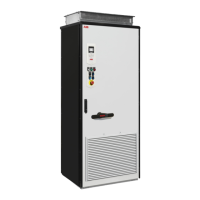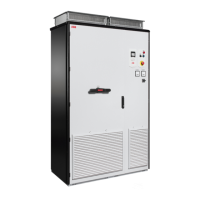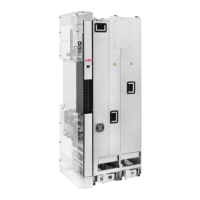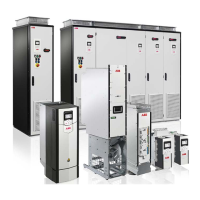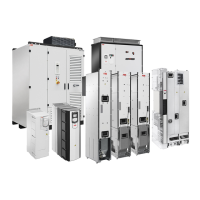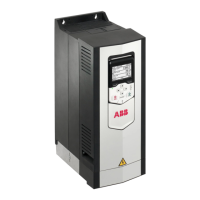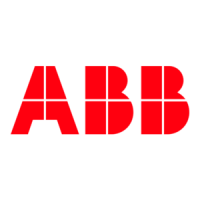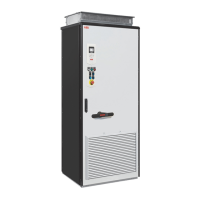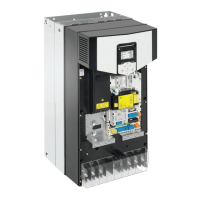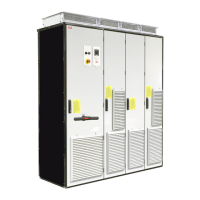Warnings do not need to be reset; they stop showing when the cause of the warning
ceases. Warnings do not latch and the drive will continue to operate the motor.
Faults do latch inside the drive and cause the drive to trip, and the motor stops. After
the cause of a fault has been removed, the fault can be reset from a selectable source
(parameter 31.11 Fault reset selection)), such as the control panel, the Drive Composer
PC tool, the digital inputs of the drive, or fieldbus. After the fault is reset, the drive can
be restarted.
Note that some faults require a reboot of the control unit either by switching the power
off and on, or using parameter 96.8 Control board boot – this is mentioned in the fault
listing wherever appropriate.
Warning and fault indications can be directed to a relay output or a digital input/output
by selecting Warning, Fault or Fault (-1) in the source selection parameter. See the
following sections:
•
Programmable digital inputs and outputs (page 32)
•
Programmable relay outputs (page 33), and
•
Programmable I/O extensions (page 33).
■ Pure events
In addition to warnings and faults, there are pure events that are only recorded in the
event logs of the drive. The codes of these events are included in the Warning, fault
and pure event messages table.
■ Editable messages
For some warnings and faults, the message text can be edited and instructions and
contact information added. To edit these messages, choose Menu - Settings - Edit
texts on the control panel, or use the Localization editor in Drive Composer pro.
Warning/fault history and analysis
■ Event logs
The drive has two event logs. One log contains faults and fault resets; the other contains
warnings, pure events, and clearing entries. Each log contains the 64 most recent events
with a time stamp and other information.
The logs can be accessed separately from the main Menu on the control panel. The
logs are displayed as a single list when viewed using the Drive Composer PC tool.
The logs can be cleared using parameter 96.51 Clear fault and event logger.
Auxiliary codes
Some events generate an auxiliary code that often helps in pinpointing the problem.
The auxiliary code is displayed on the control panel together with the message. It is
538 Fault tracing
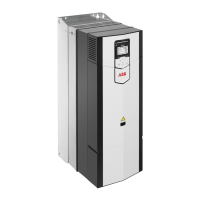
